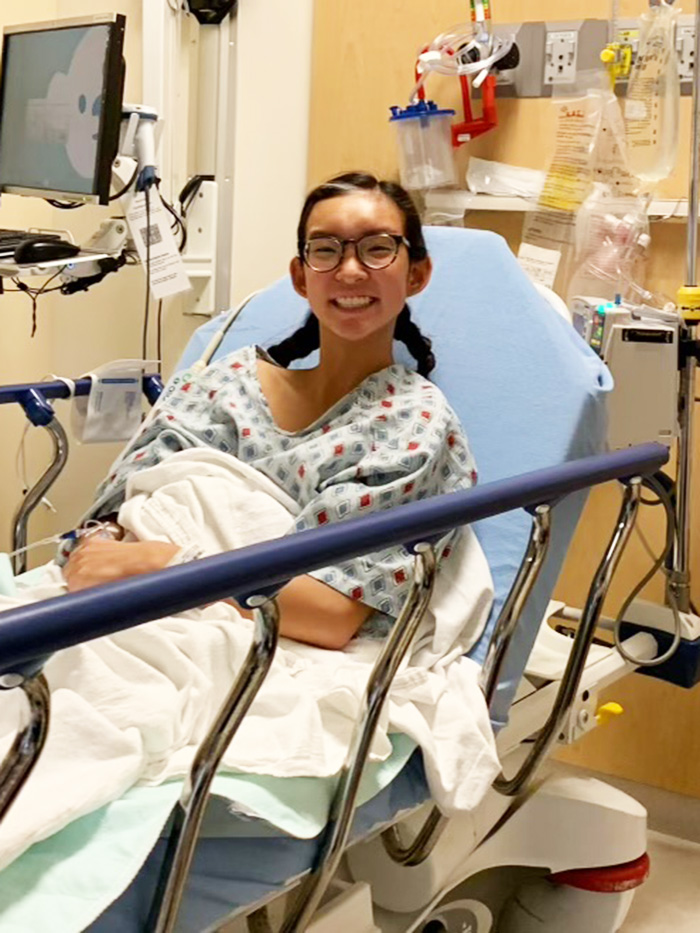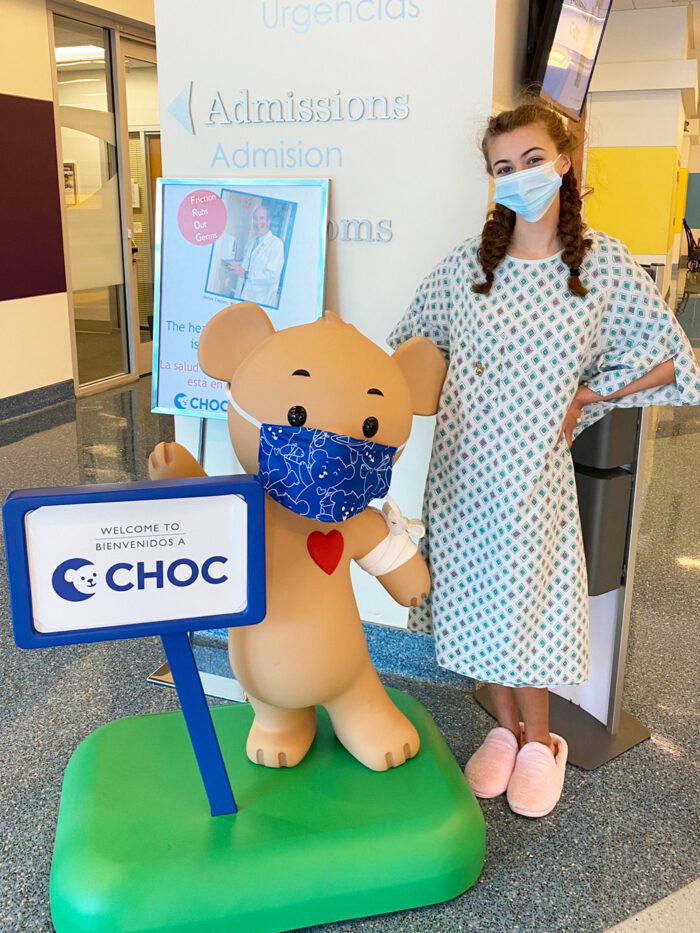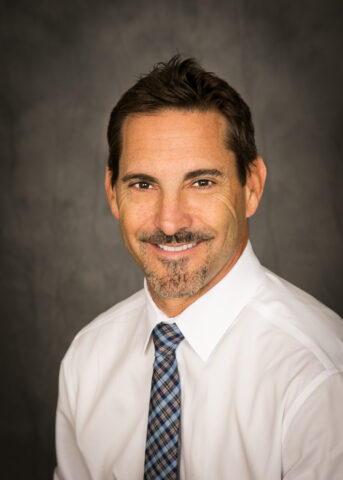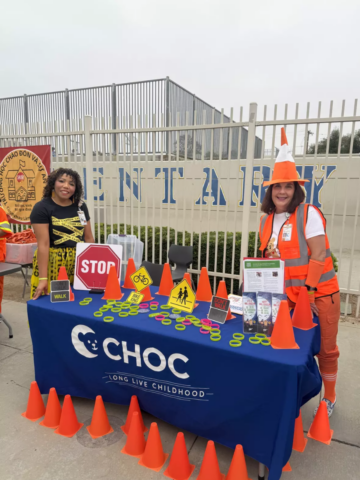CHOC’s compassionate care reaches far beyond a child’s physical health to their mental health, emotional health and overall well-being.
For teens with scoliosis and pectus excavatum, the surgery process can be scary and overwhelming. Some teens may deal negative self-image, post-surgery pain and long recovery times.
That’s why when Dr. Afshin Aminian, medical director of the CHOC Orthopaedic Institute, noticed that his patients were having trouble coping with their scoliosis surgeries, he wanted to help.
Dr. Aminian consulted the nursing teams and Cherese Mari Laulhere Child Life Department at CHOC to develop a program that pairs patients with an upcoming surgery with teen mentors who have had the surgery in the past.
Then, the team partnered with Dr. Mustafa Kabeer, pediatric and general thoracic surgeon, to include patients undergoing pectus excavatum surgeries.
A fruitful collaboration between CHOC’s child life and clinical teams
Together – with nurses Lisa Turni (who has had personal experience with pectus excavatum surgery as a teenager) and Allyson Hill, and Amanda Sanchez and Kara Noskoff, child life specialists – they developed a program modeled after the Richard C. and Virginia A. Hunsaker Adolescent and Young Adult (AYA) Oncology Child Life Program.
Named affectionally by a participant of the program, the P.S. You’re Not Alone Mentorship Program — with the “P” standing for pectus excavatum and the “S” for scoliosis — originated in 2019.
Before becoming a mentor, teens attend an extensive training class led by the CHOC Child Life team. They are taught to effectively communicate, respect patient privacy, share their stories and provide encouragement and support to others.
Then, the mentors are paired with patients to attend a pre-operative hospital tour along with a child life specialist, and are free to connect with them via text message and phone calls to answer questions, offer encouragement and helpful provide tips.
Offering valuable support to scoliosis and pectus excavatum patients
Today, the program has grown to 30 scoliosis and 10 pectus excavatum mentors. It’s spearheaded by Shaylin Schultz, child life specialist, who continues to work closely with Drs. Aminian and Kabeer, as well as the clinical teams from CHOC surgery and orthopaedics.
All kids and teens who are scheduled to receive a pectus excavatum or scoliosis surgery at CHOC are offered a mentor to help guide them through it. Since the program’s creation, there have been 272 scoliosis patients and 105 pectus patients who have participated.
Two such patients are Avery, age 19, who underwent a pectus excavatum surgery, and Sarah, age 17, who received spinal fusion surgery.


For Avery, her mentor provided useful support and practical tips to help her recover.
“My mentor told me to bring a pillow to protect my chest from my seat belt on the car ride home and some fuzzy socks to keep my feet warm at the hospital,” she says.
For Sarah, her mentor was a trusted resource for support.
“I was so scared, and my mentor felt like the only person that I could truly relate to,” she says.
An exciting future for the P.S. You’re Not Alone Mentorship Program
So far, the program has proven to be an overwhelming success. A 2019 survey given to the program’s participants showed that 100% benefitted from their mentorship experience and would recommend it to others. A peer-reviewed manuscript describing the program and its outcomes – written by Amanda Sanchez and Allyson Hill – has been accepted for publication in the next issue of the Journal of Pediatric Surgical Nursing.
In the future, Amanda and Shaylin hope that more teen mentors get involved with the program and that they can expand it to parents who can help mentor other parents. They also hope to provide more events and activities for teens to connect with others and receive support and community.
Their ultimate dream is to have this program model applied to other conditions and surgeries to help even more CHOC patients.
Until then, mentors like Sarah and Avery will continue to use their experience to inspire others.
“Fueled by each tour, my passion for helping others grows,” says Avery. “A spark has been set off within me as I now constantly seek ways to help others through hardship, and support every patient until they have gathered the strength to support other future patients.”
“My favorite part about being a mentor is having the opportunity to help others,” says Sarah. “I want to make sure that others know that their worlds are not ending like I thought mine was. They are strong, and they will get through it!”




